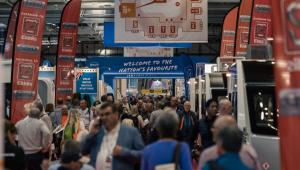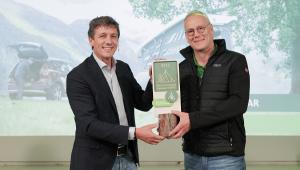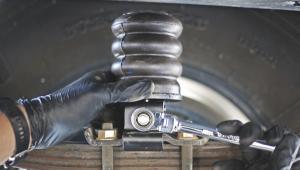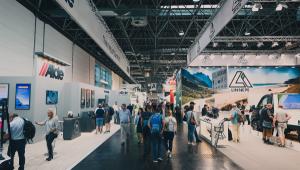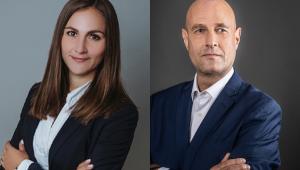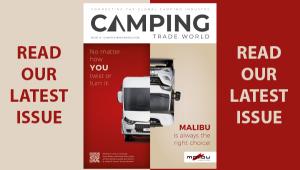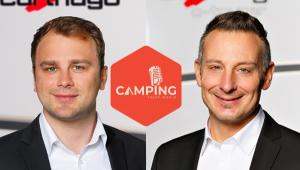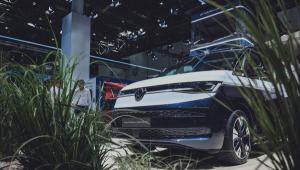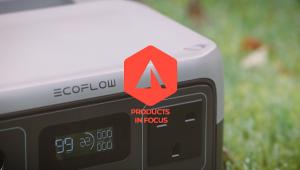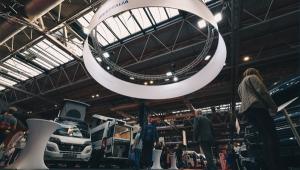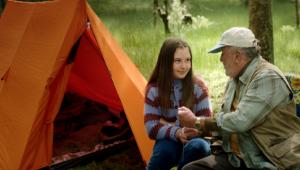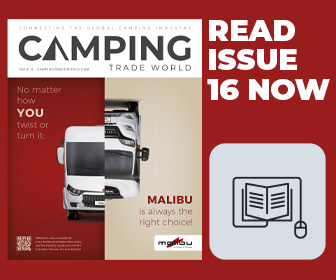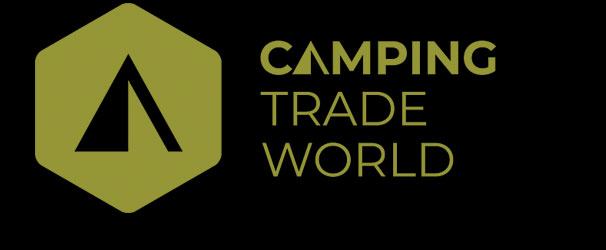Erwin Hymer Group reports record results and a sustainability strategy for the future
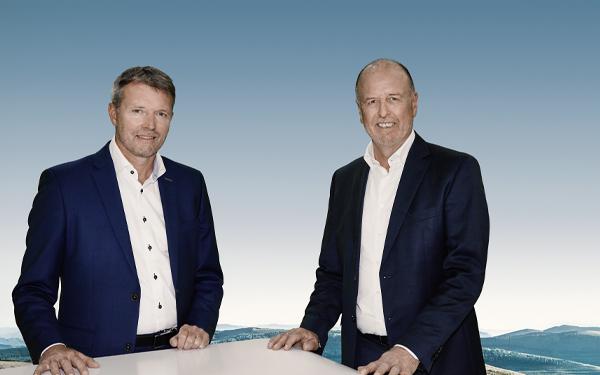
German leisure vehicle giant Erwin Hymer Group (EHG) has revealed it enjoyed record results in its 2020/21 fiscal year and has presented its new sustainable strategy for long-term corporate success. The group, which owns brands including Hymer, Eriba, Bürstner, Dethleffs, and Niesmann + Bischoff, reported a turnover of €2.7 billion, a figure that is up 23 per cent on the previous fiscal year. It also attained a new record of 65,000 vehicle deliveries in the same period.
In a recent press conference, the company said that these figures are evidence of a long-term change in travel behaviour and that with its sustainability strategy it intends to secure corporate success for the future.
EHG CEO Martin Brandt said: “Our success is based on enabling people around the world to enjoy unique leisure and mobility experiences. As our figures show, we succeeded particularly well during the pandemic. Caravanning has become mainstream in society. Now it’s a matter of ensuring the trend continues toward decelerated and gentle tourism in the long term. With our sustainability strategy, we’re treading the path to a successful future, the prerequisite for which is an intact and healthy environment.”
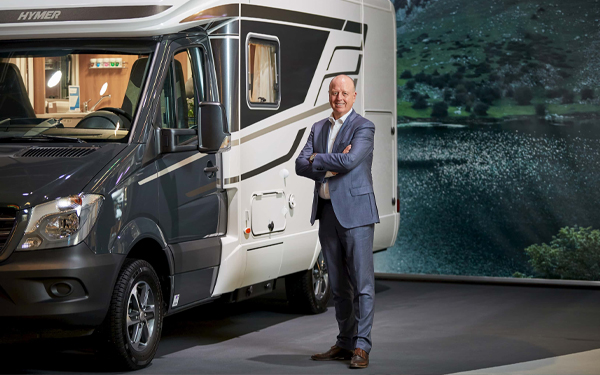
Records keep tumbling
In Europe, the overall market for motorhomes and campervans recorded a significant increase of 20.8 per cent from 2019 to 2020. EHG was able to outperform this positive trend in individual segments: campervans in particular achieved impressive growth of 60 per cent to about 21,000 units in the 2020/21 fiscal year. Sales of classic motorhomes grew by 10 percent to 30,000 vehicles.
The increased sales figures have an impact on both sales and employee numbers: sales in the 2020/21 fiscal year, for example, were 2.7 billion euros, up 500 million euros on the previous year – a growth of 23 percent. With 8,883 employees at the end of July 2021, the Erwin Hymer Group employed more people than ever before – 1,534 more than in the previous year.
An even better result was prevented by the ongoing bottlenecks in the supply of raw materials and materials, as well as problems in the transport and logistics sector, which also affect the caravan industry. For example, delays in the delivery of chassis will continue well into 2022. This will affect production at the EHG locations in the short and medium term, so that short-time work and production stops could occur repeatedly in the coming months. The company is thus faced with the paradoxical situation of having full order books, but at the same time not being able to produce and deliver due to a lack of chassis availability. In order to cushion these effects in the medium term, talks are underway with possible additional suppliers.
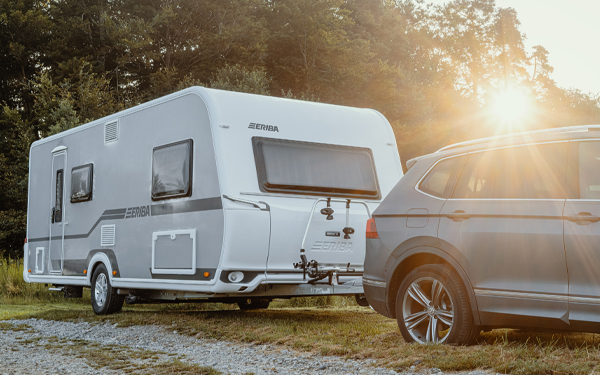
Sustainability at the core
To support this development in the long term, the Erwin Hymer Group is stepping up its efforts for sustainable business. Jan Francke, COO of the group, said: “We take our commitment to greater sustainability and social responsibility very seriously, because we’re firmly convinced that these factors will ultimately contribute to our long-term success. We can achieve the target of 1.5 degrees only if politics, society and industry work together – which is why we will give this aspect even more weight within our Group and make one of our strategic focal points. As the market leader in our industry, our goal is to be at the forefront when it comes to reducing CO2 emissions and conserving resources.”
The CO2-reduction strategy follows the principle of avoidance, reduction and compensation. With various measures, the Erwin Hymer Group has already been able to more than halve its CO2 emissions in the last two years. Jan added: “We have a clear plan to get to 20 percent of the 2019 level by 2030.” Along the way, the company supports compensation projects with high quality standards. In addition to ecological aspects, social and economic aspects always play a role in the selection process. For example, a project in Rwanda not only ensures fewer greenhouse gases, lower firewood consumption and more habitat for endangered species but also improves health protection for the local population.”
CEO Martin Brandt emphasized the company’s comprehensive understanding of sustainability: “In addition to climate protection, our corporate social responsibility strategy always includes social and economic issues. We’ve also launched initiatives in our own company in all three areas. For us, caravanning in the sense of ‘slow travel’ is a contrast to hectic mass tourism. It’s our connection to nature, the region and its people.”
- Log in or register to post comments
